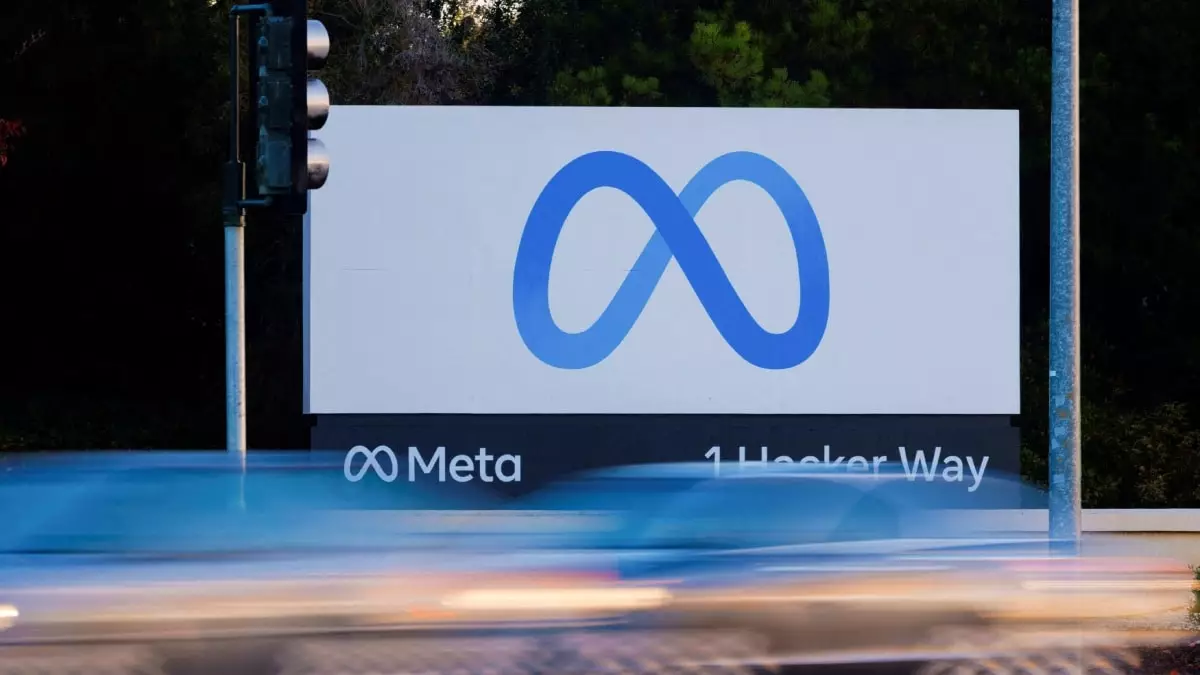In a notable development, the Brazilian government has taken a stand against Meta’s recent modifications to its fact-checking program. Solicitor General Jorge Messias announced a deadline for Meta to clarify its actions, specifically its decision to abolish its US-based fact-checking initiative and to ease restrictions on discussions surrounding contentious themes such as immigration and gender identity. These alterations have raised alarms not only in Brazil but globally, as they could signal a shift towards less accountability in content moderation on one of the world’s leading social media platforms.
The apprehensions expressed by the Brazilian government are rooted in a broader concern about the integrity and reliability of information disseminated via social media. Messias characterized Meta’s varying stance on critical issues as akin to an “airport windsock,” continuously shifting in response to external pressures—a metaphor that underscores a lack of stability and predictability. The implication is clear: Brazilian society should not have to navigate a digital landscape marred by fluctuating policies that could ultimately influence public opinion and discourse in dangerous ways.
President Luiz Inacio Lula da Silva echoed this sentiment, labeling Meta’s changes as “extremely serious.” The urgency of this issue has prompted the President to convene a meeting to address how Brazil will respond. This reaction points to the broader societal implications of misinformation and the role platforms like Meta play in shaping societal narratives.
Meta’s recent policy revisions, which appear to be US-centric, raise questions about the company’s global strategic vision. By focusing primarily on the American market, Meta risks alienating international users who depend on established standards of fact-checking and information accuracy. The company’s CEO, Mark Zuckerberg, cited a desire to rectify “too many mistakes and too much censorship” as the rationale behind these changes. However, this rationale does not sufficiently address the critical concern of accountability in managing misleading or harmful content—a responsibility that extends far beyond mere compliance with domestic policies.
Moreover, the lack of immediate comments from Meta regarding Brazil’s demands highlights the potential disconnect between Meta’s corporate philosophy and the expectations of governments and societies worldwide. Such silence is troubling for countries that are grappling with the effects of misinformation.
As the deadline for Meta approaches, uncertainties loom regarding the outcome of this stalemate. Brazil’s strong stance may prompt other nations to reassess their relationship with social media giants, underscoring the need for greater global cooperation on standards of information integrity. There’s a possibility that, depending on Meta’s response, Brazil could impose stricter regulations or even consider further actions against the company, which could set a precedent for international digital governance.
Brazil’s critical position toward Meta’s adjustments to its fact-checking program signals a significant moment in the discourse surrounding digital accountability. The evolving landscape of social media governance will require careful navigation by all stakeholders involved to ensure that the digital public square remains a credible and safe place for discourse.


Leave a Reply